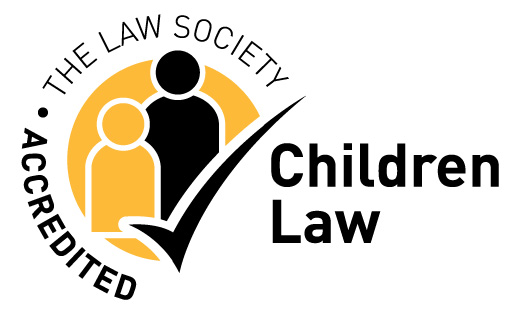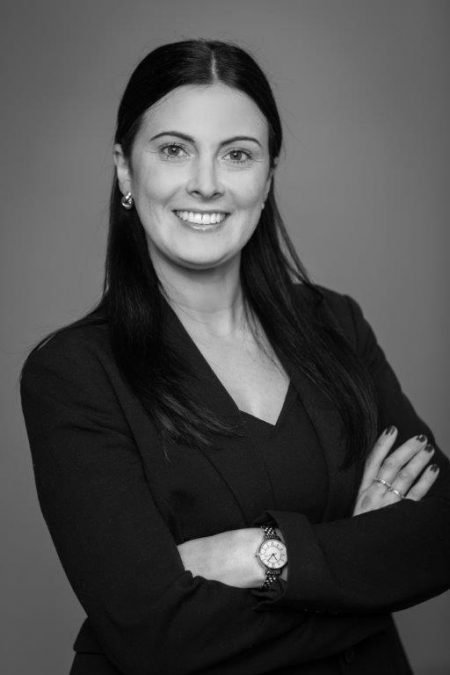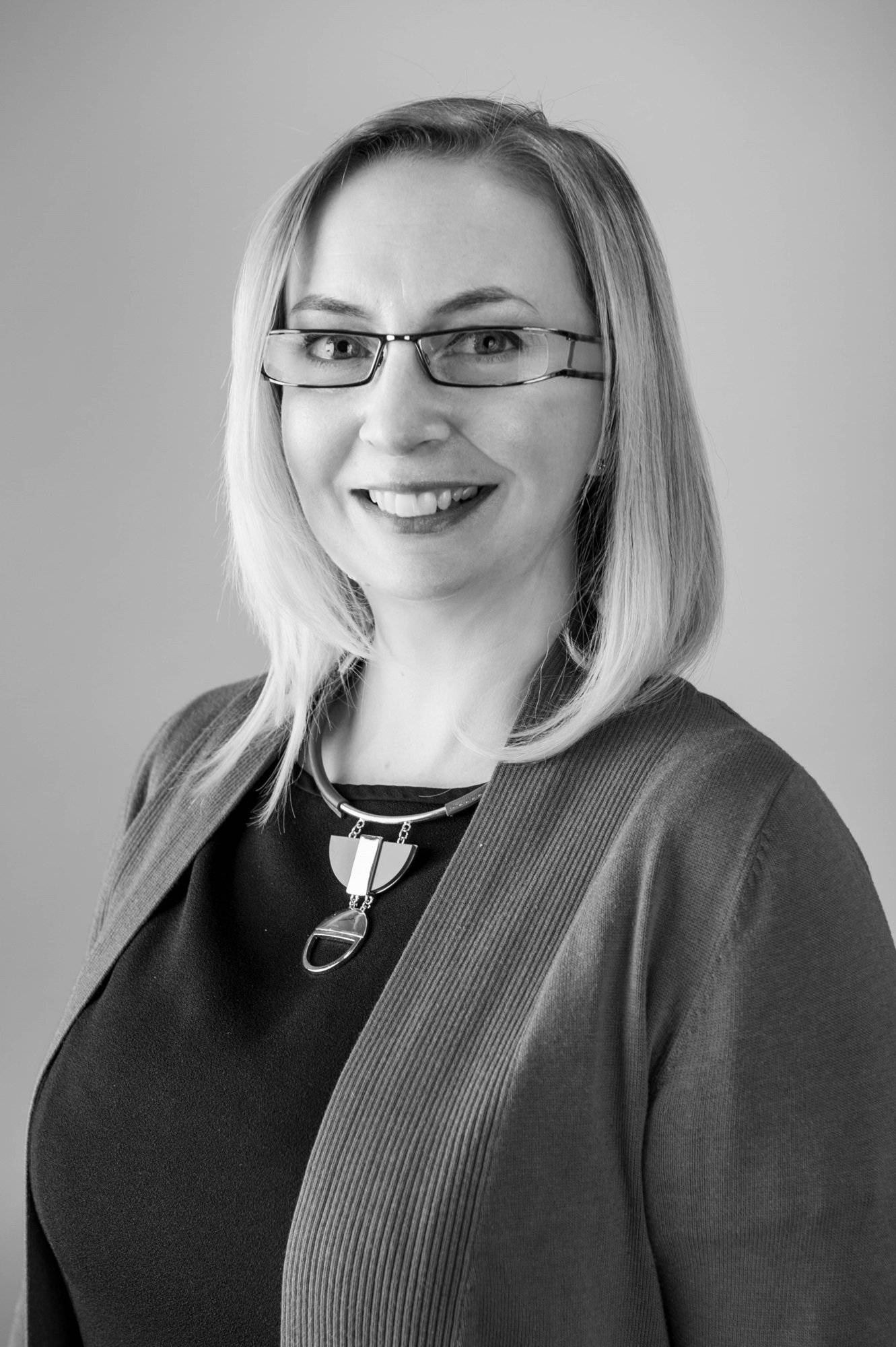What is a child protection conference?
What is a Child Protection Conference?
A Child Protection Conference is a meeting between family members, the child (where age appropriate) and the professionals involved with the family to determine whether a child is at significant risk of harm and what action needs to be taken to promote their safety, health and development. A Child Protection Conference will usually be held after an investigation under Section 47 of the Children Act 1989.
Who will be at the Meeting?
The type of professionals that will be invited to the meeting may include:-
- Local authority children social care staff who have led and been involved in an assessment of the child and family.
- Foster carers (current or former).
- Residential care staff.
- Professional staff involved with a child (e.g. health visitors, midwife, school nurse, children’s guardian, paediatrician, school staff, early years staff, the GP, NHS direct).
- Professionals involved with the parents or other family members (e.g. family support services, adult mental health services, probation, the GP, NHS direct).
- Professionals with expertise in the particular type of harm suffered by the child or in the child’s particular condition, for example, a disability or long-term illness.
- Those involved in investigations (e.g. the Police).
- Local authority legal services (childcare).
- NSPCC or other voluntary organisations.
- A representative of the armed services in cases where there is a service connection.
What will happen at the Meeting?
A professional who is independent will Chair the meeting. All professionals involved with the child will be required to submit a written report to the Chairperson in advance of the meeting.
A report should also be prepared by the Local Authority Children’s Services setting out full information of the involvement with the family (past and present) and summarising the information obtained during the course of their initial assessment and/or the Section 47 assessment that led to the Conference being held. The report should also include the views of the family members (and child where appropriate) and consider the capacity of the family members to keep the child safe and meet the child’s needs to a good enough standard. Parents should be given a copy of this report in advance of the meeting where possible.
After all of the information has been shared during the meeting, those professionals in attendance will have a vote on whether they feel the child is at continuing risk of suffering significant harm and whether a Child Protection Plan should be implemented. The test that should be applied to determine the answer to this question is that either:-
- The child can be shown to have suffered ill treatment or impairment of health or development as a result of physical, emotional or sexual abuse or neglect, and professional judgement is that further ill treatment or impairment are likely; or
- Professional’s judgement, substantiated by the findings of enquiries in this individual case or by research evidence, is that the child is likely to suffer ill treatment of the impairment of health or development as a result of physical, emotional, or sexual abuse or neglect.
If the majority of professionals vote in favour of the test being met, then the child’s name will be added to the Child Protection Register under the appropriate category (physical abuse, emotional abuse, sexual abuse or neglect). The outline Child Protection Plan should also be formulated in as much detail as possible at the initial Conference. Core Group Meetings will then be held at regular intervals to develop the Child Protection Plan, obtain signatures where needed and also monitor progress. The child who is the subject of the plan will also be allocated a key worker.
What input do parents have at the Meeting?
Parents do not get a vote at the Conference, but it is important that parents attend so that their views can be shared and considered.
A parent can request that they take someone to the meeting for support and to help them get their views across but it is very important that all information shared during the meeting is kept confidential. A solicitor can attend a Child Protection Conference with a parent, but a solicitor is not entitled to speak during the meeting and therefore their role is limited.
There will be minutes taken at the Child Protection Conference which should be shared with parents when available. These minutes will be strictly confidential but can be shared with a legal representative for the purposes of obtaining legal advice.
What happens after the Meeting?
Once a child’s name has been placed on the Child Protection Register, there will be regular reviews to consider any progress made and whether the child continues to be at risk of significant harm.
The first Child Protection Review Conference shall be held within three months of the initial Child Protection Conference, and further reviews shall be held at intervals of not more than six months for as long as the child remains the subject of a child protection plan.
A child should no longer be the subject of a child protection plan if;
- It is judged that the child is no longer at a continuing risk of significant harm requiring safeguarding by means of a Child Protection Plan. Under these circumstances, only a child protection review conference can decide that a child protection plan is no longer necessary.
- The child and family have moved permanently to another local authority area.
- The chid has reached 18 years of age, has died or has permanently left the UK.
If no progress is made to address the concerns of the Local Authority, or circumstances deteriorate further, then the Local Authority might step up their involvement and invite parents to a Public Law Outline Meeting.
If a parent receives a letter inviting them to a Public Law Outline Meeting then they should contact a solicitor straight away as they will be entitled to free legal representation throughout the Public Law Outline process.
If you are invited to a Child Protection Conference or Public Law Outline Meeting or if Social Services are involved with your family, contact our experienced Child Care Team on 01495 768938 to see how we can help you.
To download a copy of this guide, click here.







